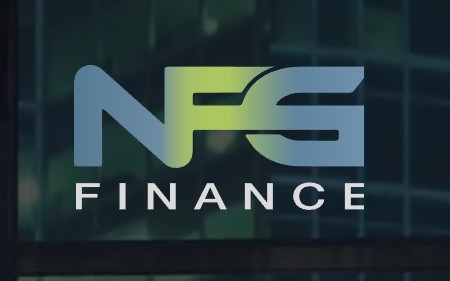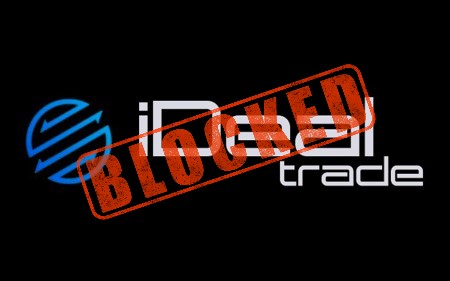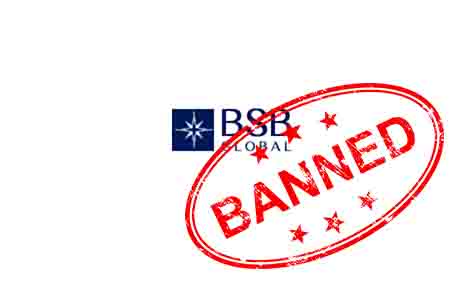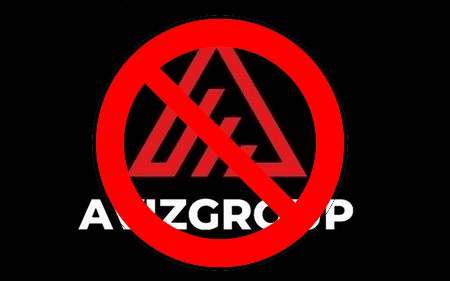Who is a stock broker and what he does
 Paul Roberts
17 / January / 19
Visitors: 875
Paul Roberts
17 / January / 19
Visitors: 875
A broker is an organization that is necessary for a person who decides to make money on the exchange. Brokers are licensed and self-proclaimed.
A broker is an intermediary between the exchange and a person or organization wishing to buy and sell stocks, bonds and other financial instruments on the exchange.
and direct participation in transactions buying and selling on the securities market on behalf of the client, the broker receives a commission. The remuneration is transferred from the funds of the client of the brokerage office.
What is a stock broker ?
The broker provides the client with the technical, organizational and legal opportunity to enter the exchange and start performing operations on it , that is, buy or sell stocks, bonds and other financial assets.
Let's highlight the main points of interaction between the broker and the client:
- Broker at the client's expense, taking into account his orders and in his interests buys or sells stocks, bonds and other financial instruments.
- The broker opens a trading account for each client, from which the player operates on the exchange.
- The client, based on his own decision and strategy, submits an application for the purchase or sale of currency, securities (depending on the platform on which the trades are held), and the broker broadcasts this decision directly to the exchange and conducts the transaction.
- The funds received by the intermediary transfers to the client's account, leaving himself the agreed upon in the dog commission.
- As an additional function, the broker conducts current analytics, gives recommendations to the client on the strategy of behavior on the exchange, and checks the necessary documentation for compliance with legal requirements.
Why does an ordinary person need a brokerage?
You cannot do without brokerage services if an ordinary citizen has decided to make money on the stock exchange.
The point is the fact that only professional specialized organizations are entitled to operate on the securities and currencies market itself. Ordinary people (individuals) can buy and sell on the stock exchange only through an intermediary - a broker.
In general, a broker does not use his own funds, but only disposes of the client's trusted capital, taking into account his instructions. Some large investors arrange trust management without going into the details of trading. In this case, a competent broker independently decides whether to buy or sell, answering to the client-investor only in the form of a profit statement.
The stock market operating in securities does not provide for the classification of brokerage houses. All of them cooperate with both legal entities and individuals with different levels of investment.
Is it possible to do without a broker?
As noted above, an individual or legal entity that does not have an appropriate license from the Central Bank is not entitled to participate in trading in securities or act in the foreign exchange market directly on its own behalf.
Therefore, without an agreement with a brokerage office and without opening a specialized account a potential trader or investor is indispensable.
Where to find and how to choose a reliable broker?
To search, just open the same list of licensed offices published on the website of the Central Bank of the Russian Federation. In addition, the network regularly publishes ratings of the leading operators of the securities market. After that, it is useful to study customer reviews on the Internet, familiarize yourself with the information on the official website and, if necessary, contact the support service to get answers to your questions.
Often after registration, a potential client is contacted by a manager who advises its about the organization of work, tariffs and technical requirements of the company.
Those who are just starting their journey to the exchange purchase of financial assets should pay attention to the following points:
- to make sure you have a valid license;
- to check information in open sources about possible litigation, including those related to bankruptcy procedures of a legal entity;
- to clarify whether technical and consulting support is provided, - preferably around the clock and, if necessary, by phone.
Not all operators provide the possibility of telephone consultation. It is better to check the functionality additionally:
- Availability of a mobile application. Despite the fact that users are accustomed to a huge selection of services available on all smartphones without exception, not all brokerage houses can offer such functionality. Before registering, it is recommended to check this point with the broker.
- Tariff plans and commission payments. At the initial stage, in this characteristic of a broker, it is best to start from simplicity.The simpler and more transparent the tariff plan, the faster it is to understand it.
The minimum commission does not always indicate the ultimate benefit of the service. More informative information about mandatory payments:
- criteria for depositing and withdrawing funds, the size of the commission for these operations;
- the ability to open an account online without visiting the company's operational office - this is convenient and significantly saves the time of a potential trader.
At the initial stage, even before registration, it is necessary to ask as many questions as possible to the technical support of the operator. This will open the full picture of the company's work to the future client, and at the same time the level of competence of the employees will become obvious.
The client can change the broker at any time. If the cooperation does not satisfy the client in any way, he has the right to terminate the contract and conclude it with another brokerage firm.
We have compiled a complete Bad Reputation Brokers.
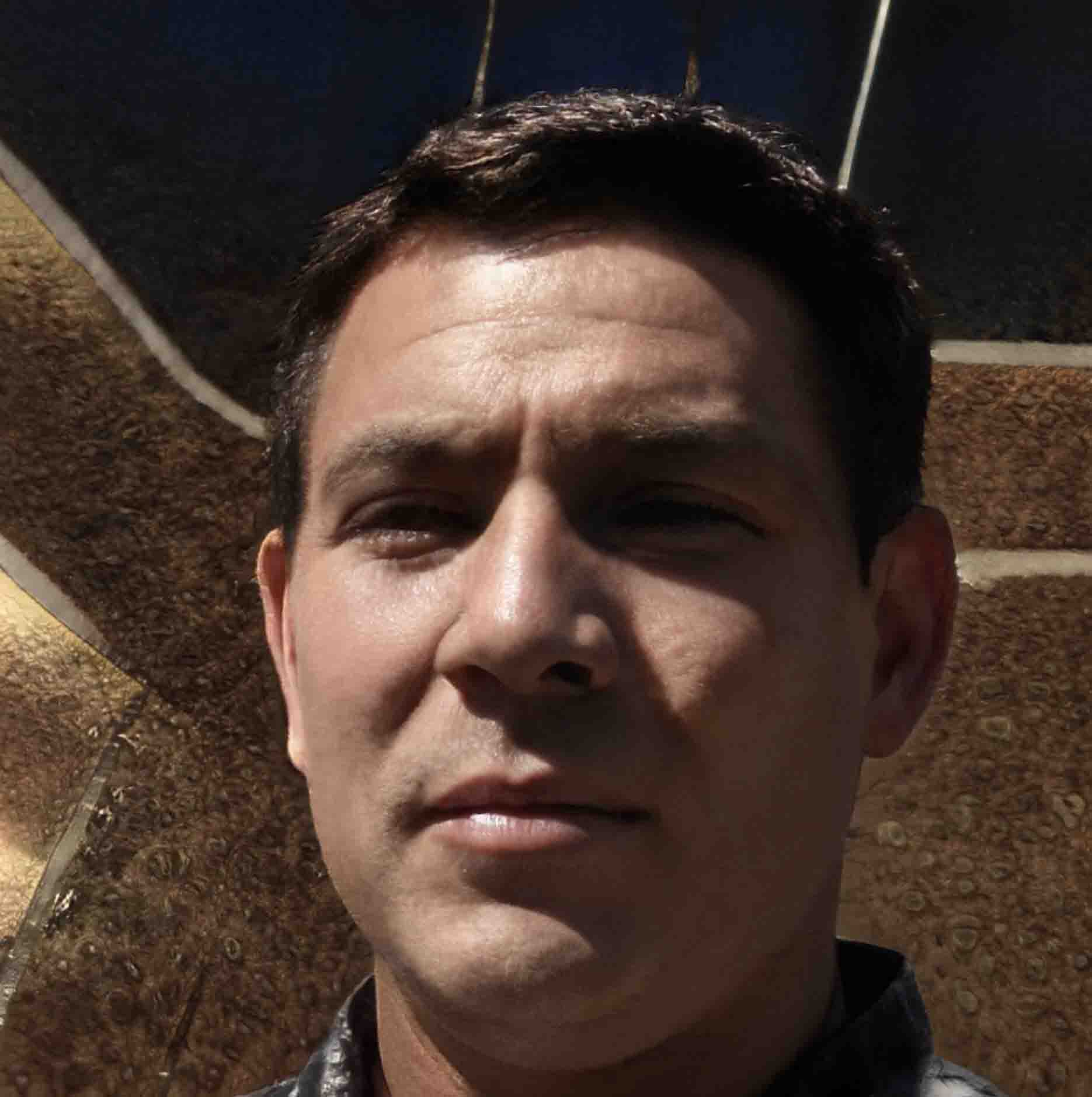
Paul Roberts
Paul Roberts 51 years old Born in Edinburgh. Married. Studied at University of Oxford, Department of Public Policy and Social Work. Graduated in 1997. Works at Standard Life Aberdeen plc.

